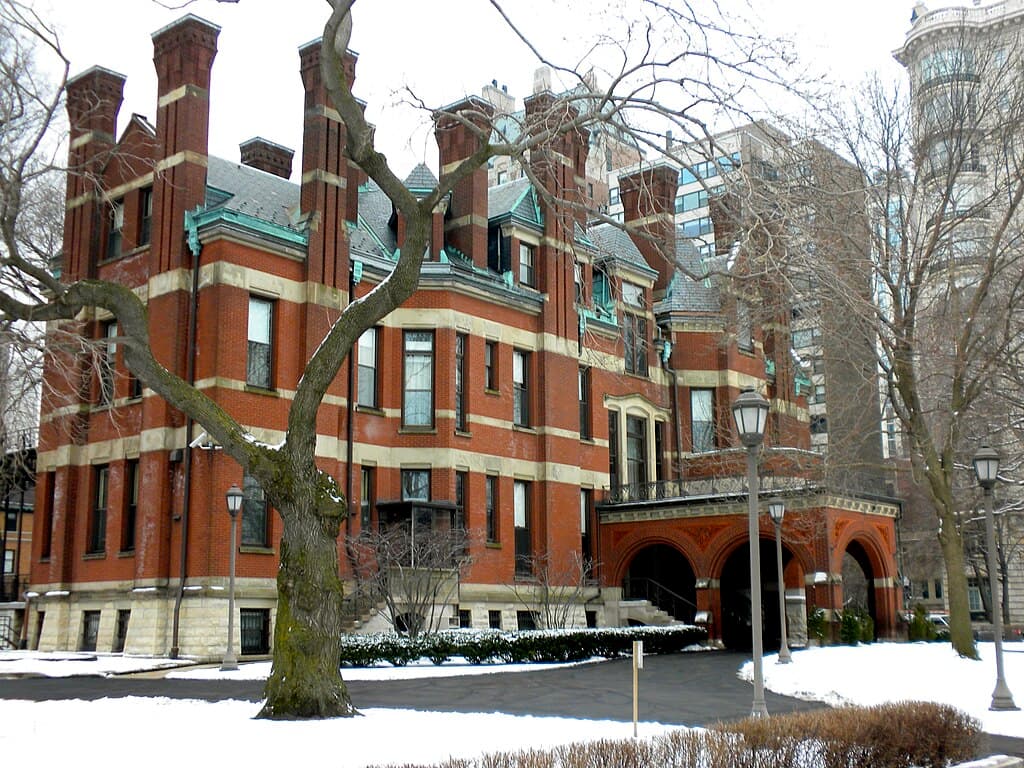In the last 50 years, the Catholic Church in the United States has seen a lot of changes. Parish schools have grown smaller, fewer men are becoming priests, and church attendance has dropped.
A new study has looked at these changes, and how they have affected Catholics in the country.
FutureChurch (FC) commissioned the Center for Applied Research in the Apostolate (CARA) to conduct this study to explore parish, ecclesial, and socioeconomic characteristics in 11 dioceses between 1970 and 2020.
CARA, affiliated with Georgetown University, is the leading institute conducting social scientific studies about the Catholic Church.
RELATED: Study looks at how American Catholics think about ‘climate justice’
Some of the national-level findings of the new report include that the overall number of parishes nationwide declined by 9 percent between 1970 and 2020; over the same 50-year period the general population increased by 65 percent and the total Catholic population increased by 46 percent; between 1970 and 2020 the total number of priests decreased nationally by 40 percent, and in terms of sacraments, nationally, baptisms declined 57 percent; Catholic marriages declined 78 percent; and Catholic funerals 14 percent.
The CARA report found that some of the correlations between socioeconomic factors and the growth or decline of parishes include that in nine of the 11 dioceses included in the study the number of parishes was positively related to both the size of the Catholic population and the white population of the diocese.
By comparison, the number of parishes was negatively related to the size of the size of Hispanic/Latino population in nine dioceses and to the number of people living below the poverty line in eight dioceses.
In ten dioceses, the average proportion of people below the poverty line, people unemployed, Blacks/African Americans, and Hispanics/Latinos was higher in neighborhoods where parishes closed than in neighborhoods where parishes opened.
RELATED: First-person accounts illustrate CARA report on what inspires vocations
The dioceses used for the survey were the archdioceses of Baltimore, Chicago, Detroit, Miami, New Orleans, New York, Philadelphia, and St. Louis; as well as the dioceses of Bridgeport, Cleveland, and Memphis.

The report showed some of the correlations between socioeconomic factors and the growth or decline of parishes, including that in nine of the 11 dioceses included in the study the number of parishes was positively related to both the size of the Catholic population and the White population of the diocese.
By comparison, the report shows that the number of parishes was negatively related to the size of the size of Hispanic/Latino population in nine dioceses and to the number of people living below the poverty line in eight dioceses.
In ten dioceses, the average proportion of people below the poverty line, people unemployed, Blacks/African Americans, and Hispanics/Latinos was higher in neighborhoods where parishes closed than in neighborhoods where parishes opened.
FutureChurch is a Catholic nonprofit based in Cleveland, Ohio, that was founded in 1990. Considered by many observers to be of a more liberal bent, it advocates for open discussion about ending mandatory celibacy as a requirement for diocesan priesthood, advancing women in Church leadership, and promoting lay participation in all levels of Church decision-making. It claims it is maintaining the spirit of Vatican II in the life of the Church, and has been actively supporting Pope Francis’s idea of a more synodal Church.













